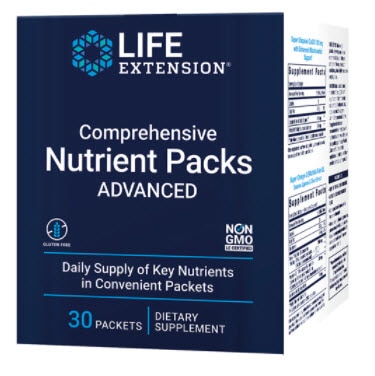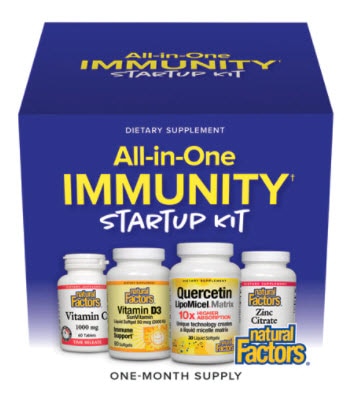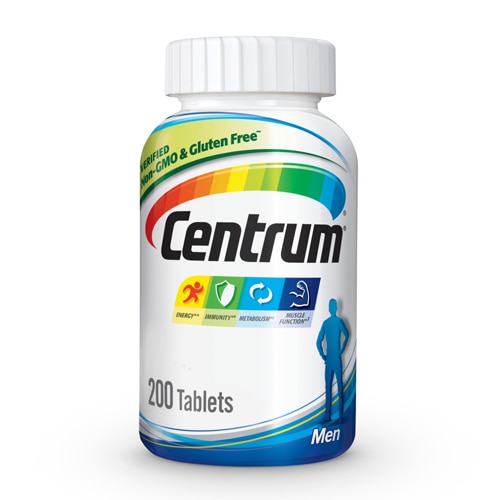People have been
practicing biohacking — or searching for better health through experimenting with your own body — since the beginning of time. This DIY strategy for self-improvement has trended heavily over the past few years, however, leading to the rise of
personalized nutrition services.

What are personalized nutrition services?
What we put into our bodies, in the form of food, beverages and supplements — is an inherently personal choice. Personalized nutrition services take it a step further by using your own genetic, phenotypic, medical, nutritional and/or other personalized information to craft specific eating guidelines for individuals. But rather than doing this the old-fashioned way, through a registered dietitian or physician evaluating your personal information, these new science-driven services are powered by technology, through an app on your phone.
A few examples of personalized nutrition services you may have seen include:
- Persona Nutrition, a monthly subscription for personalized vitamins based on your own nutritional needs.
- G-Plans, an online nutrition program that creates customized meal plans based on a user’s metabolic body type and health goals.
- Inside Tracker, a personalized nutrition program that analyzes data from your blood, DNA and habits to develop focused recommendations based on your results.
Who are personalized nutrition services for?
Most people who begin a personalize nutrition service are looking to begin a weight-loss journey, and the plans are designed to take you through that process to reach your goals and maintain a healthy lifestyle.
More broadly, these services are intended for individuals who need help learning how to eat and
supplement to optimize their health. While the U.S. does not face broad nutritional gaps compared to other parts of the world, “marginal deficiencies” in nutrients are what is most concerning, says Hayley Miller, MS, RDN, who works with Persona Nutrition.
It’s no surprise that Americans aren’t getting the recommended 2½ cups of vegetables and 2 cups of fruit daily, says Miller. “Life is busy and there’s an increase in the number of packaged and fast foods available at a moment’s notice,” she adds. A
2017 analysis of the National Health and Nutrition Examination Survey found that nearly one-third of American adults may be at risk of deficiency for at least one vitamin.
That’s why “a one-size-fits-all approach that can be applied to vitamins, minerals,
omega-3s and other essential nutrients doesn’t align with what research reveals about individual nutrient needs,” says Miller. She adds that your needs can vary widely based on your age, gender, health status, medication use, stress level, sleep habits, exercise routines and more, which is where these services fit in. Persona, for example, uses nutritional assessments to help create unique combinations of vitamins and nutrients designed specifically for you.
What is the process for a personalized nutrition service?
Once you’ve enrolled (and paid the fee), expect to answer various quizzes and integrate more of your own health data, depending on the service you select. For instance, G-Plans offers a 14-question metabolic quiz, plus the ability to integrate results from blood lipid tests and glucose meters. Enrolling in Persona’s subscription plan involves a 3-minute nutritional assessment. Inside Tracker goes deeper, requiring upload of blood and DNA test data and filling out questionnaires about your nutrition, fitness and lifestyle. If you’re looking for a one-time assessment and plan, you may pay a single fee, while other services offer monthly subscriptions at recurring rates.
What are the potential benefits?
Despite healthy eating guidelines such as
MyPlate, issued by the USDA, which recommends making half your plate fruits and vegetables, not every food or supplement out there can be classified as “healthy” or not. It can vary person to person. That’s where people stand to benefit from a personalized nutrition plan.
Science backs this up. A
2018 study published in
Pharmaceutics showed prescription medications can interact with vitamins and phytonutrients and have an impact on your metabolism (for instance, antacids can interfere with vitamin B12 and calcium absorption, so if you’re taking those, your nutrients needs may increase).
Another study in
American Journal of Clinical Nutrition found personalized nutrition advice to be more effective than generalized dietary advice in improving adherence to a diet. Both are significant in showing that personalized nutrition can be beneficial in producing positive changes in eating habits.
Dietitians, who offer a different version of personalized nutrition, with nutrition consultations and plans, agree that exact needs vary. “While general healthful foods are beneficial for all of us, it's important to note that factors such as culture, genetics, mental health and environment also influence how our bodies interact with nutrition,” says Janice Chow, MS, RD, of
The Mindful Chow. “Having a variety of nutrients — with considerations of types of food available, culture and satisfaction — is the key to personalized nutrition,” she adds.
Social influences also play a powerful role in eating choices. That’s one reason, aside from the structured plans and recommendations, that the social aspect is also a key part of many personal nutrition programs. Most have private communities, within the app or on social media platforms, where users can interact with one another as well as nutritionists, both to further their educational experience and foster meaningful connections.
Can you DIY them?
Unless you’re trained in nutrition, the answer is no — not to the extent these programs offer. But you
can work with a professional for similar results. “In fact, [these personalized services are] precisely what registered dietitians do,” says
Amanda Holtzer, MS, RD. She explains that when you met with an RD, that person will dive into all aspects of your health, going deeper than technology can about things like your medical history, your family’s medical history, medications, food allergies or intolerances, your dietary and exercise habits, sleep patterns, stress levels and more. “It’s extremely comprehensive work because it has to be,” says Holtzer.
While an RD’s evaluation may not go as deep as a DNA test, they are highly trained professionals. Registered dietitians are required to have an undergraduate degree in dietetics and complete 1,200 hours of supervised clinical training — and beginning January 2024, they’ll also be required to have a
graduate degree.
RDs and physicians are behind the science and process of personalized nutrition services, too, but somewhat formulaic based on your responses to questions — meaning they might not take every single piece of your personal information into account. “Technology isn’t perfect,” says Holtzer. “Often times, it takes that one-on-one human connection to really uncover
all the information needed to prescribe a detailed, personalized supplement protocol or eating plan.” Where one of these services might start with a 4-minute quiz, Holtzer says she often spends at least 60 minutes on an initial consultation to collect all the information she requires.
Some personalized nutrition services do offer further personal consultation, yet you’ll have to pay more for that. For example, a completely customized metabolic meal program runs $40/month in G-Plans, but the highest tier that includes a weekly one-hour phone consultation with a nutritionist is $300/month.
If ultra-personalization is what you’re looking for, working directly with a registered dietitian—the old-fashioned way—may be a smarter way to go.
The bottom line on personalized nutrition
Personalized nutrition services fill a need for some, but not all. If you’re the type who would prefer following a formulated plan from behind a screen, rather than chatting with a person face to face, they can be a great option. You’ll also need to dedicate a decent budget to the service you choose, depending on how personalized you want to get. Overall, these services can be a smart choice for someone who’s committed to improving their health through dietary changes and who doesn’t want to or doesn’t have the time to meet with a professional.
That said, you don’t have to join a personalized nutrition service to get tailored help with your nutrition. Working with a dietitian on a one-to-one basis can offer the same benefits, plus a bit friendlier approach. “A dietitian can really get to know you as a whole person,” says Holtzer, “and create a plan that is specifically tailored to your body, your health, your lifestyle and your goals.”
Featured Products








